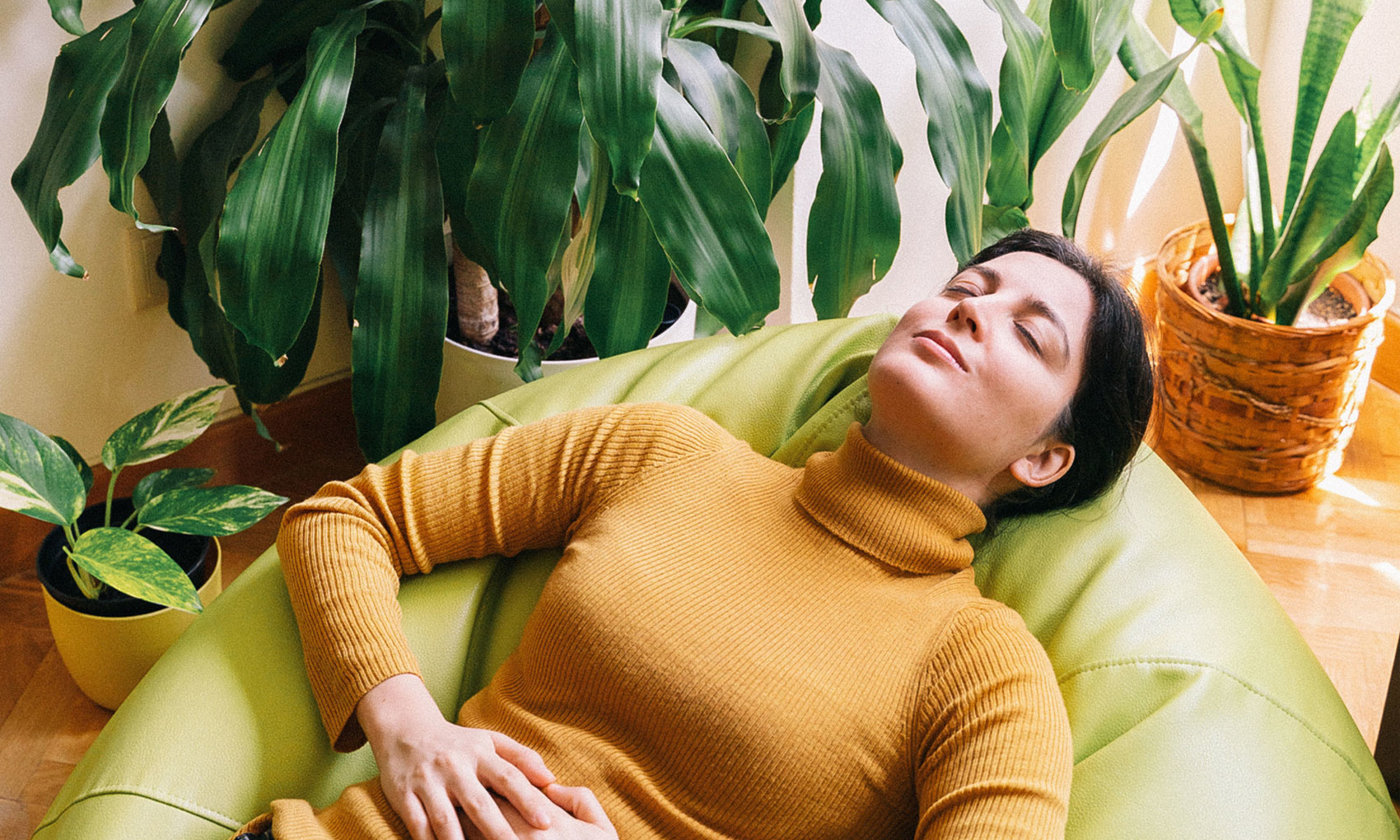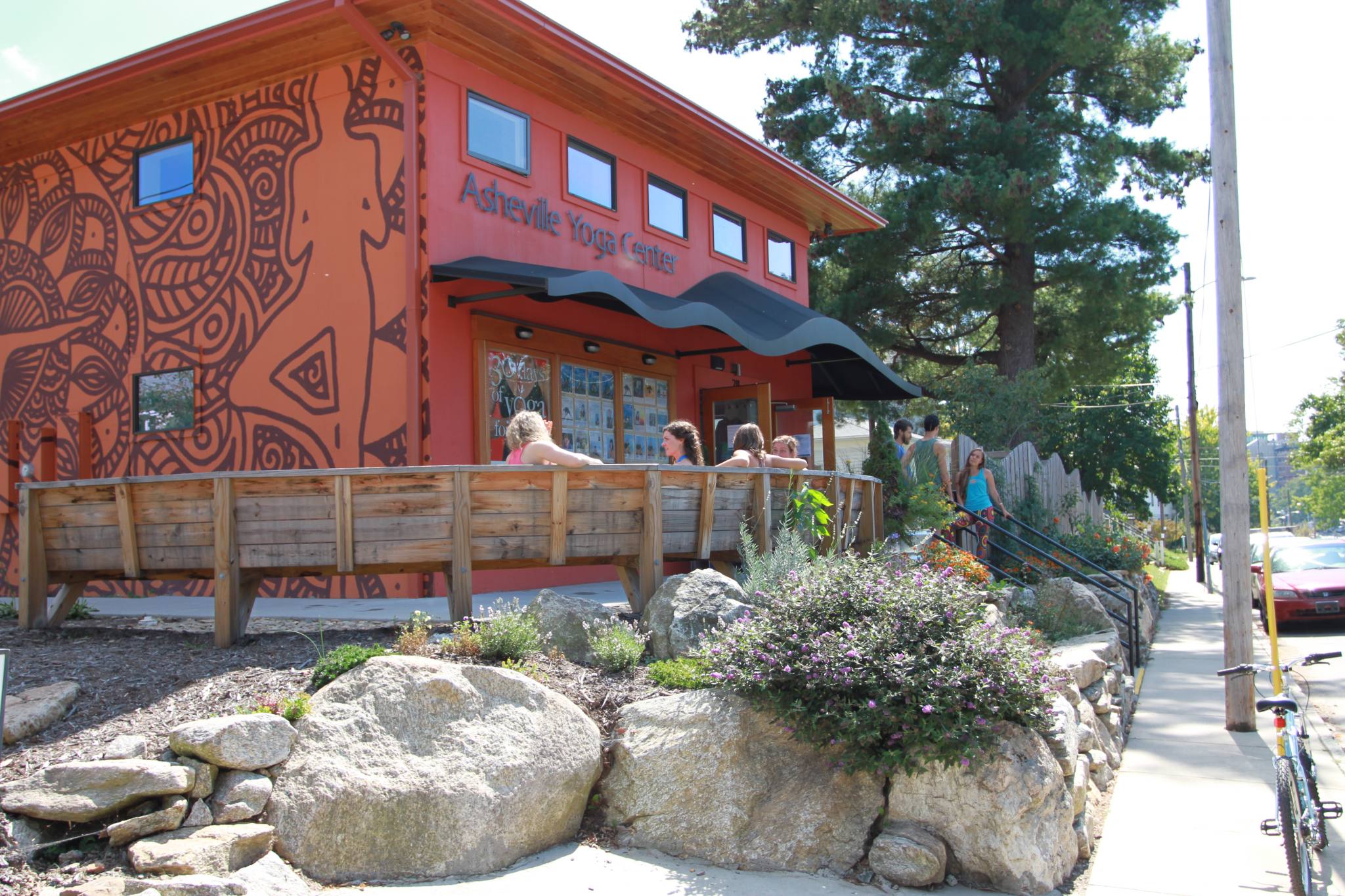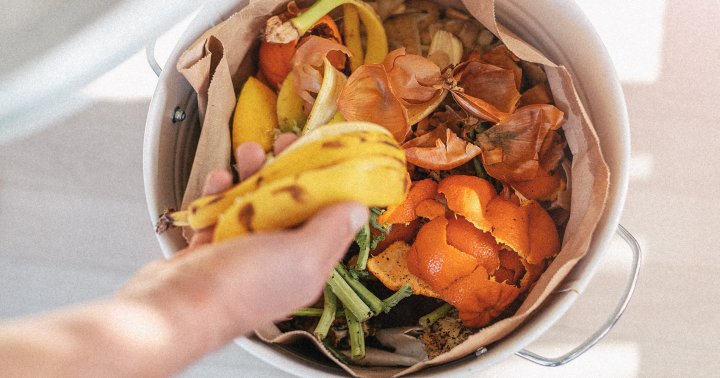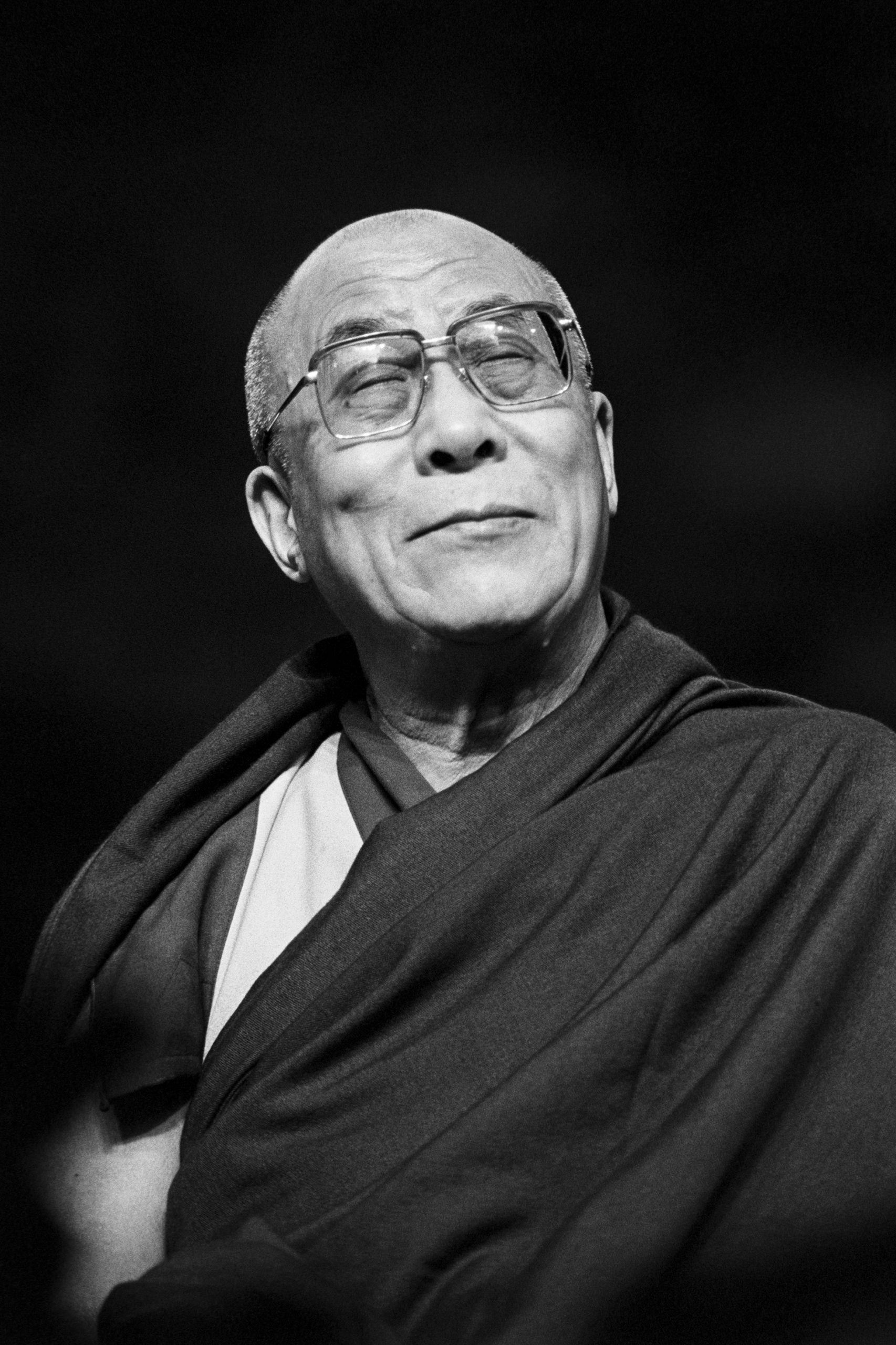I'm A Psychologist Who Studies Stress — Here's How I Stop Anxiety In Its Tracks
PSA: Me time is actually good for your brain.

Advertisement
This ad is displayed using third party content and we do not control its accessibility features.

Beauty & Health Editor
Beauty & Health Editor
Hannah Frye is the Beauty & Health Editor at mindbodygreen. She has a B.S. in journalism and a minor in women’s, gender, and queer studies from California Polytechnic State University, San Luis Obispo. Hannah has written across lifestyle sections including beauty, women’s health, mental health, sustainability, social media trends, and more. She previously worked for Almost 30, a top-rated health and wellness podcast. In her current role, Hannah reports on the latest beauty trends and innovations, women’s health research, brain health news, and plenty more.
Image by beavera / iStock November 28, 2024 We carefully vet all products and services featured on mindbodygreen using our Our selections are never influenced by the commissions earned from our links. When you plan out your day, you probably establish how long you'll be working, what chores you have to get done, what meals you'll make, etc. But if you repeat that list of to-do's every day without a moment of dedicated "me time," you may become restless, anxious, and even resentful of your own daily routine. The fix? Create tiny rituals. On an episode of the mindbodygreen podcast, psychologist Elissa Epel, Ph.D., author of The Stress Prescription, shares why this simple practice can help ease anxiety—here's the science-backed reason we find these rituals so relaxing. 
The link between rituals & relaxation
Anxiety manifests differently for everyone, but many people struggle with feeling a lack of control. It can be a general feeling or focused on a certain event, area of life, etc. Either way, rituals may be able to help fill that gap.
"I do think that routine and rituals are extremely important because they allow us to relax," Epel says. "Ritual is the foundation of relaxation. When we know what's coming next, our bodies can find ease rather than vigilance."
Award-winning psychologist Ethan Kross, Ph.D., agrees, as he brought up a similar point on his episode of the mindbodygreen podcast: "[Rituals] provide us with a sense of order and control, which is often lacking when we experience chatter," he says (chatter is his way of referring to negative self-talk). "A ritual is under your control…it gives you a sense of agency."
Plus, focusing on the ritual takes your attention away from mental chatter, which can keep those feelings from dominating your psyche and triggering anxious reactions. In fact, research has shown that stress can result in ritualized behavior1, such as repetitive movements (like cleaning, for example).
How to find a helpful ritual
Now, the rituals you fancy may not be the same ones your partner or best friend prefers—and that's OK. It's important to consider your daily routine and what makes you feel most at ease and filled with joy.
For many, this looks something like a wind-down routine at the end of the day. From candles to journaling to natural sleep aids and more, there are plenty of ways to turn your pre-bed hour into an intentional ritual for relaxation. We also have a roundup of stress-reducing supplements, if those are more your speed.
If a wind-down routine doesn't sound like something you'd enjoy (or it doesn't fit into your schedule), here are a few other ideas:
The takeaway
Adding rituals to your daily routine may help alleviate anxiety, providing you with control and a level of predictability in your day. Plan out your rituals around activities that bring you peace, be it meditation, journaling, exercise, or something entirely unique—these moments should be hyper-personalized.

 Konoly
Konoly 
































